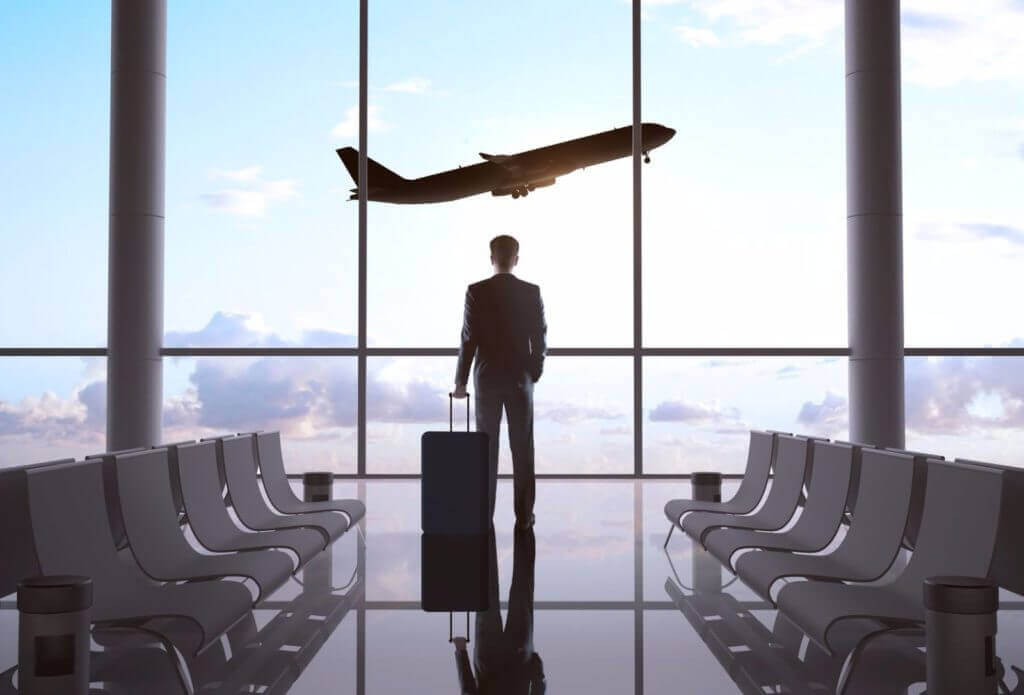
Travel brands typically focus on leisure travellers – the type of person looking for adventure and escape.
But what about those looking for basic comfort and convenience?
According to a survey from Booking.com, 93% of business travellers feel stressed at some point during their journey – unsurprising given the amount of logistics involved. From planning to managing expenses, and even without taking into account the actual work that needs to done, there’s a whole heap of hassle that goes along with corporate travel.
For brands, this traveller presents a unique opportunity.
Not only is there less need to dazzle and delight with inspirational marketing, but thanks to the deep pockets of corporate companies, the budget can often be sizeable. Meanwhile, with a positive experience likely to result in repeat trips, business travel could prove to be a lucrative market.
Here’s how a few brands are setting their sights on it.
Airbnb
The ‘Airbnb for business’ program launched in 2015, signalling the brand’s intent to capture interest from corporate travellers, all the while proving how popular alternative accommodation has become.
The service allows companies to integrate their business travel itineraries, giving them a full run-down of where employees are staying and how much they’re spending. More recently, Airbnb has introduced a feature that allows employees to book on behalf of colleagues, making the service even more streamlined.
Since it launched, the program has enjoyed a period of growth, however recent data suggests that this could be slowing – mainly due to the companies choosing Airbnb spending as little as possible on short trips. Similarly, Airbnb for business is only seeing real success in cities where the hotel prices are notoriously high.
Airbnb is naturally trying to combat this by promoting longer stays and group trips, even offering £40 in travel credit, in order to encourage higher spend.




